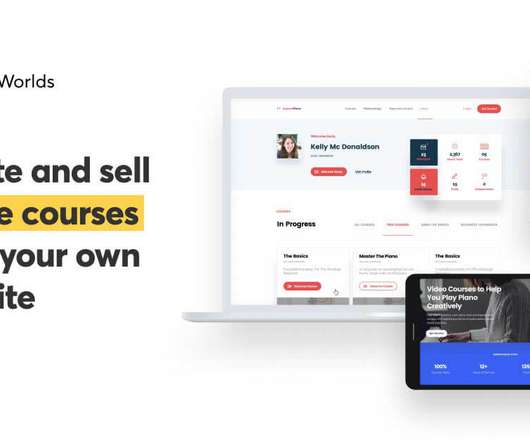What is social learning (and how to adopt it)
Docebo
JULY 8, 2021
Social learning is based on a theory developed by psychologist Albert Bandura that proposes learning is a cognitive process that takes place in a social context and occurs purely through observation or direct instruction, even in the absence of motor reproduction or direct reinforcement. What is social learning? Social learning theory.






























Let's personalize your content